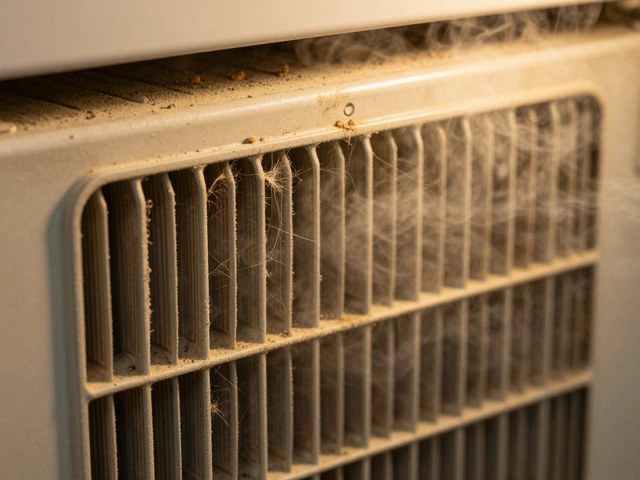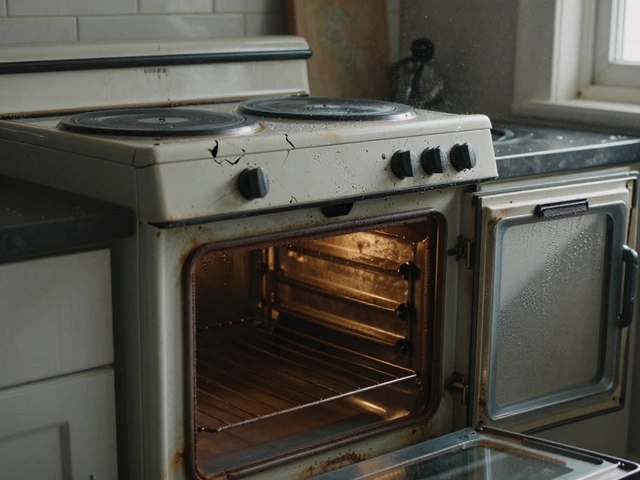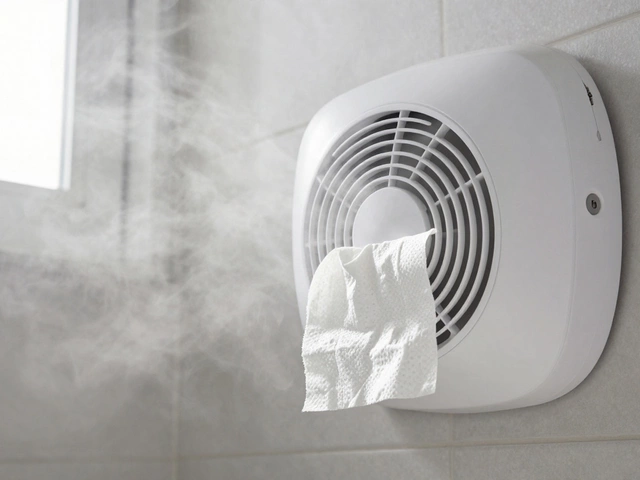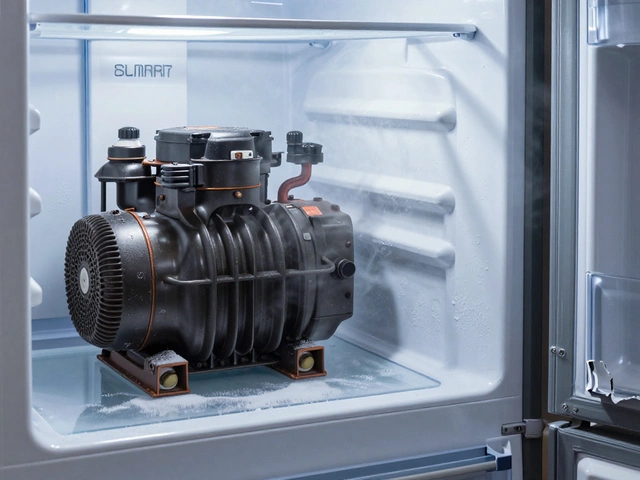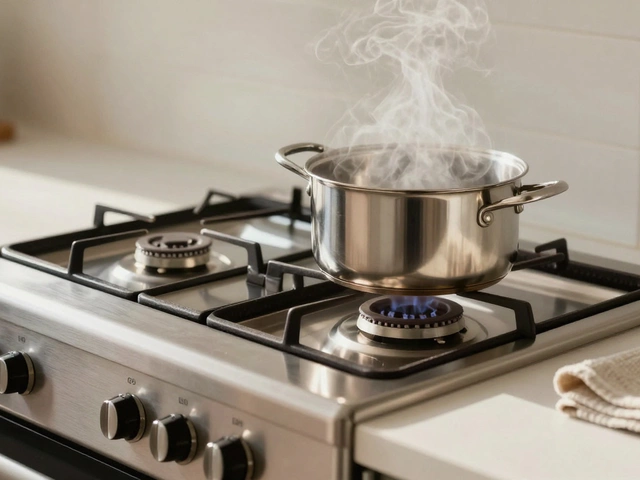Extractor Fan Cleaning: Why It Matters and How to Do It Right
When you think about home maintenance, extractor fan cleaning, the process of removing grease, dust, and debris from kitchen or bathroom exhaust fans to restore airflow and prevent hazards. Also known as kitchen ventilation cleaning, it's one of those tasks people put off until the smell won't go away or the fan stops working entirely. But skipping it doesn't just make your kitchen smell bad—it puts your health at risk and can even break building codes.
Mold growth, a serious indoor air quality issue caused by trapped moisture in poorly ventilated spaces is the most common result of a clogged extractor fan. In kitchens, grease builds up inside the ducts over time. In bathrooms, steam doesn't escape, leading to damp walls and peeling paint. Left unchecked, this creates a breeding ground for mold spores, which can trigger asthma and allergies. The extractor fan motor, the core component that drives airflow in ventilation systems also works harder when clogged, wearing out faster and raising your electricity bill. And if you're renting, your landlord could be violating health regulations by letting this go.
Most people think they need a pro to clean it, but the truth is, you can do most of it yourself in under an hour. You don’t need special tools—just a screwdriver, some vinegar, and a cloth. The real challenge isn’t the cleaning itself—it’s knowing when it’s time. If your fan’s noisy, smells greasy, or takes forever to clear steam, it’s overdue. Our collection below walks you through exactly how to take apart your fan, clean the blades and ducts safely, and spot early signs of motor failure before it costs you hundreds. You’ll also find what happens when you ignore it, how often to clean it based on your usage, and whether you need an electrician or plumber to help with the install or upgrade.
Do Extractor Fans Need Maintenance? Here’s What Actually Happens Without It
- Alden Wilder
- Nov 3 2025
- 0 Comments
Extractor fans need regular maintenance to work properly, prevent fires, and avoid costly repairs. Learn how often to clean filters, signs of trouble, and when to call a pro.
View More
